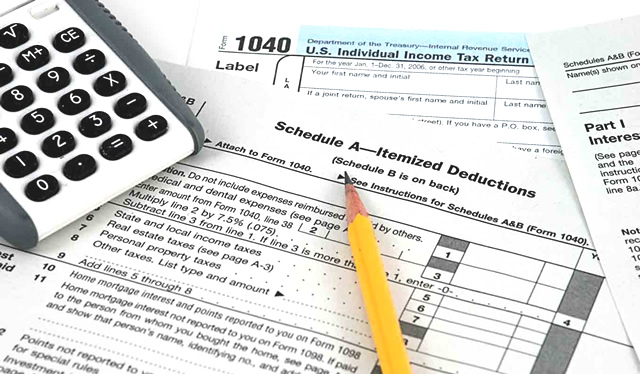Two common collection actions taken by the IRS are tax levies and garnishments, but many people are confused as to the difference between the two. The reason for the confusion is simple: a garnishment is a special type of levy that is taken on your income. Most people refer to wage levies as garnishments, as this is the legal term assigned to this type of levy. However, when you receive a Notice of Intent to Levy from the IRS, you may be subject to wage garnishment in addition to or instead of a seizure of property, depending on the amount of your tax liability.
What is Tax Garnishment?
A tax garnishment is a legal order that collects money to pay off your federal tax debt. Garnishment is simply a special legal term for collecting the funds to pay off a debt, in this case to the IRS. The most common form of garnishment is levied against your wages or salary. The IRS takes the money directly from your paycheck after applying to your employer, leaving only a small exemption for your necessary living expenses. Tax garnishment can also be enacted on almost any source of income, including retirement income, pensions, tax returns, and rental income.
How Does That Relate to a Tax Levy?
Wage garnishment is a special form of administrative action taken under a tax levy, making it a subset of the larger term. When the IRS enacts a tax levy, they can seize any assets and property you may have in order to pay off your tax debt, including any fines, penalties, or interest. In addition to wages and salaries, a levy can be executed on bank accounts, personal property, real property, real estate, accounts receivable, and other assets. Unlike most levies, the IRS does not require a court order to enact the levy. They just have to send you a Notice of Intent to Levy with a 30 days notice. You have the right to a hearing to discuss the levy, and you can also appeal the decision from the hearing.
How to Handle a Tax Garnishment
The best way to handle a tax garnishment or levy is to simply pay your tax liability. If you are unable to do so, you have other options, including an Installment Agreement and Offer in Compromise. You need to take action as soon as you receive the Notice of Intent to Levy to avoid any seizure of property or wage garnishment. Working with a tax professional ensures that you take the right steps to negotiate a tax relief settlement and avoid losing any of your income or property, which can cause you to suffer even more financial hardships.


